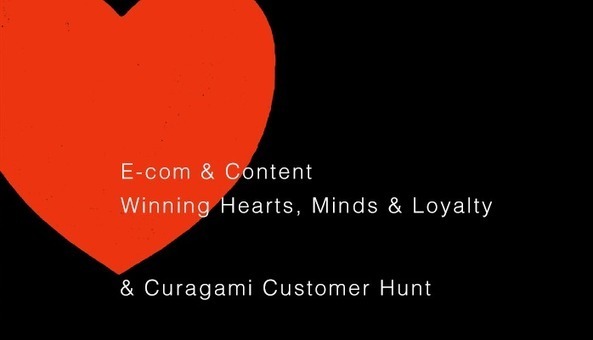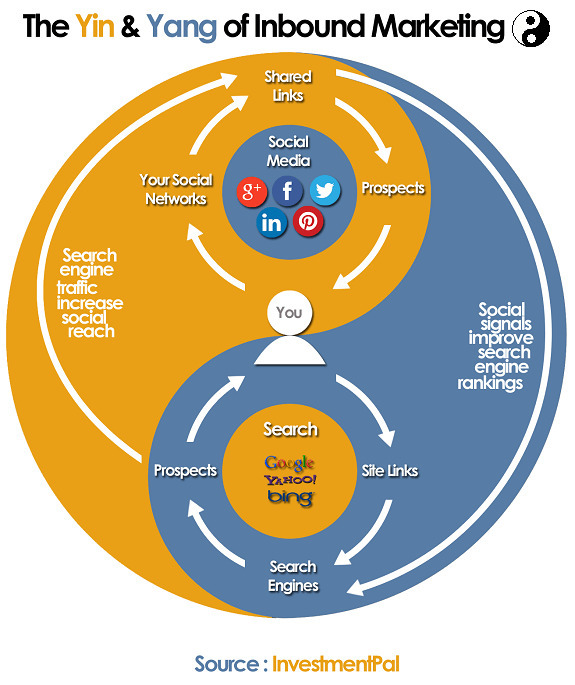Common Ecom SEO Mistakes
It is easy to take one step forward and two back with your online store's SEO. Here are 5 common mistakes to avoid.
5 Common E-Commerce SEO Mistakes
1. Poor Titles.
2. Slow Pages.
3. No UNIQUE titles across all pages.
4. No use of Canonical URLS to prevent dupe content.
5. Poor keyword density in navigation.
Titles and H1s matter a lot in these post Panda and Penguin days, so research them. Always start with who is winning top positions now. Also remember you must use a tool like Mike's Keyword Checker to know the absolute position of your pages or your competitors on a keyword phrase due to the Google float.
If you have video or large graphics give some thought to a Content Delivery Network (CDN). CDNs are TRICKY, so treat them with care and try to keep your pages LIGHT in code and graphics. CDNs cache your images and so can speed up your page loads, but nothing can help dense, heavy pages with lots of code and multiple layers of Javascript.
Titles MUST be unique. You can use business rules to generate titles, but make sure those rules NEVER create the same title over and over. Remember 80% of your revenue will come from 20% of your pages, so you don't have to get 1M page titles perfect. Make sure the pages that MATTER have great titles and you should be fine.
Canonical URLS identify MASTER pages, the pages you want in Google and OTHER pages that shouldn't be included. Duplicating content from outside or inside your site can cause penalties and damage so use canonical urls to stay in Google's good graces (btw it is VERY easy to duplicate content without meaning to spam, so BE CAREFUL).
If your navigation says, "Services" you are nuts. Do you want your website to rank for "services" or Internet Marketing, Email Marketing and SEO? Use keywords in your nav because your nav sits in <a href LINK> tags the most.
DON'T use keywords that aren't appropriate for the category or pages, but be sure KEYWORDS are in your nav













